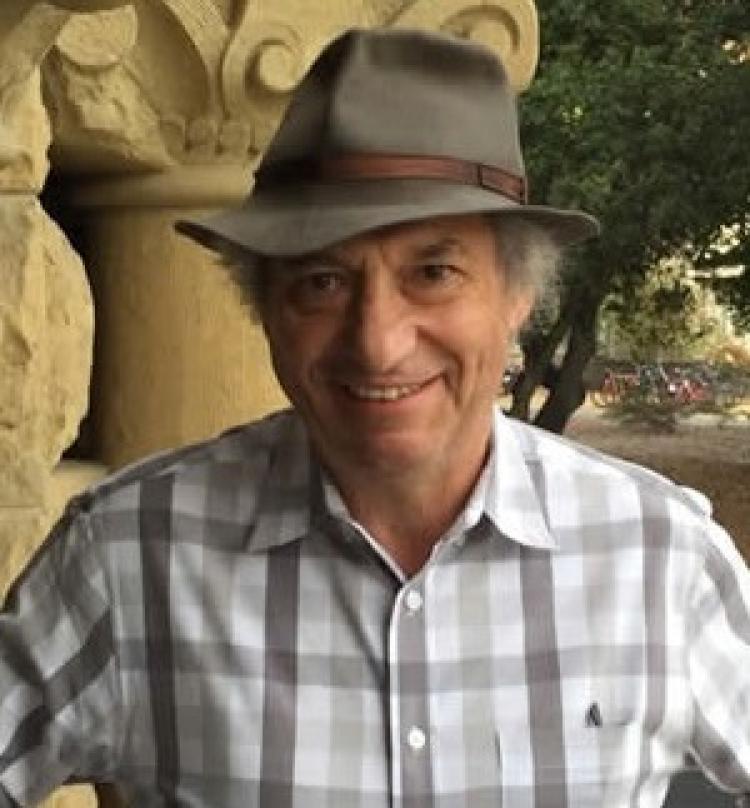APPM Colloquium: Persi Diaconis, August 28th

Speaker : Persi Diaconis
Affiliation: Dept. of Mathematics and Dept. of Statistics at Stanford University
Day/Time : Friday, August 28th 2020, 4:10pm-5:00pm MST
Location : Virtual talk on Zoom (The link has been sent out to many departments. Please contact corcoran@colorado.edu if you need the link.)
Talk Title: Adding Numbers and Shuffling Cards
Abstract:
When numbers are added in the usual way, 'carries' accrue along the way. It is natural to ask 'how do the carries go?' Is there a carry 'about half the time? If there just was a carry is it more (or less) likely that there will be a carry next time? How does it all depend on the base and the number of numbers being added? Strangely, this is closely connected to the question 'how many times should a deck of cards be shuffled to mix it up' I will explain both sides AND the connection. The mathematics connects to all kinds of things, from factoring polynomials to Hochschild homology. I will try to explain it all 'in English' to a general mathematical audience.
Persi Diaconis is the Mary V. Sunseri Professor of Statistics and a Professor Mathematics at Stanford University working in the areas of probability, combinatorics, and group theory with an emphasis on applications to statistics and scientific computing. He received his Ph.D. in Statistics in 1974 from Harvard University and has held positions at Harvard and Cornell before joining Stanford in 1998. He is a MacArthur Fellow and a member of the National Academy of Sciences. As a world-renowned mathematician, Professor Diaconis has received numerous honorary degrees including ones from the University of Chicago, Universite Paul Sabatier (Toulouse), Uppsala University, Queen Mary University of London, the University of Economics and Business (Athens, Greece), and the University of St. Andrews. In addition to the MacArthur Fellowship (1982), he is a recipient of the Rollo Davidson Prize (1982), the Conant Prize (AMS), and the Euler Prize (AMS). Professor Diaconis has made fundamental contributions to the areas of Bayesian statistics, group theory as it relates to probability and statistics, and rates of convergence of Markov chains. He is particularly famous for proving in 1992, along with Dave Bayer, that it takes about 7 riffle shuffles of a deck of cards in order to fully randomize the deck. No bio would be complete without mentioning that Professor Diaconis is also a world-renowned and ex-professional magician.
Additional Information:


